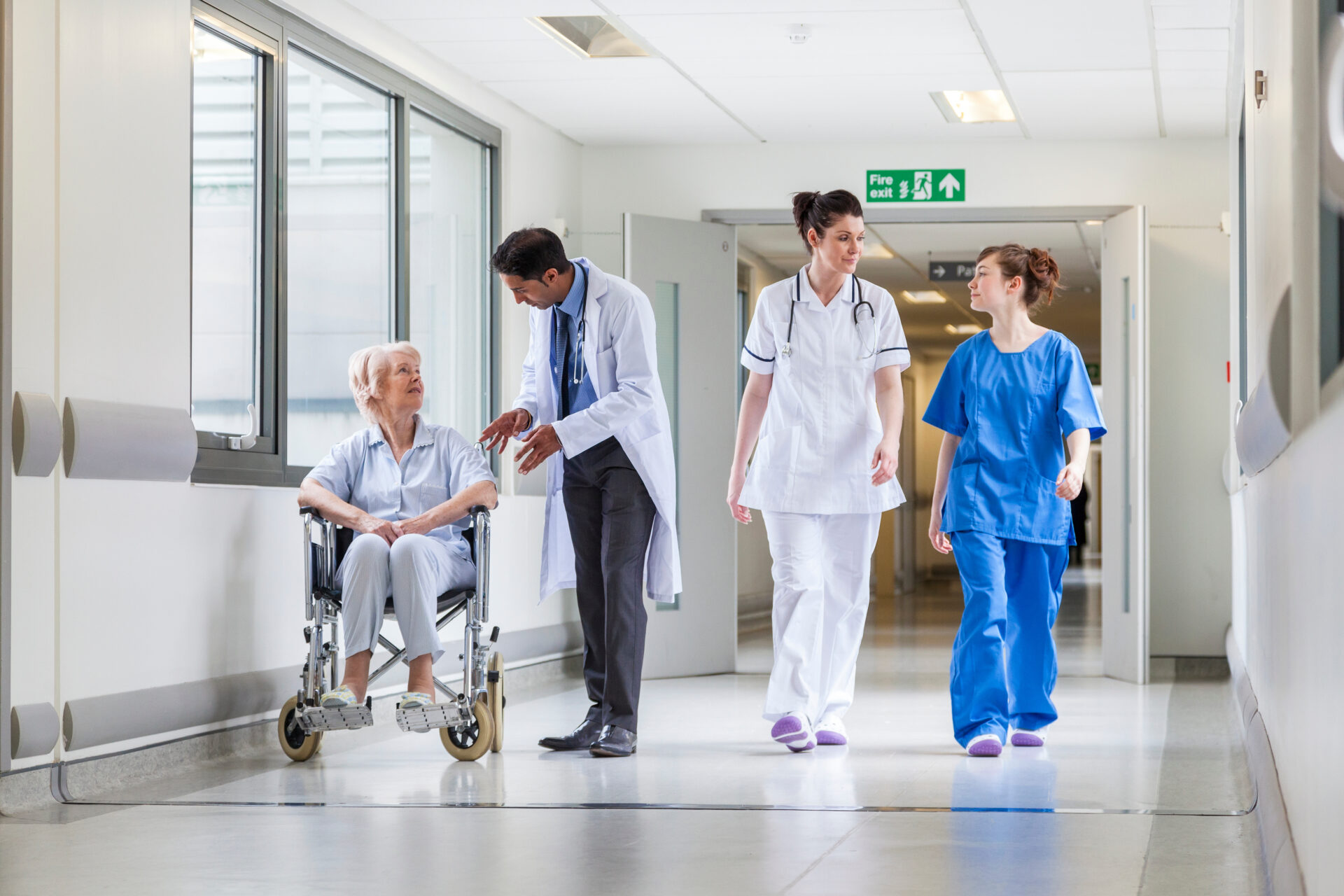Senior doctors in England could take industrial action unless the Government addresses longstanding concerns over pay and recognition, the British Medical Association (BMA) has warned ahead of meetings with ministers next week.
The warning follows indicative ballots launched in July after this year’s 4% pay award for consultants and specialist, associate specialist and specialty (SAS) doctors.
The BMA’s survey found that 67% of consultants who took part said they would be willing to strike, rising to 82% among SAS doctors.
Despite the latest uplift, the union said consultant pay remains 26% lower in real terms than in 2008/09, while SAS doctors’ pay is down 24%.
BMA leaders representing consultants and SAS doctors are set to meet the Health Secretary in the coming days to present the findings and push for a commitment to work together on solutions.
Dr Helen Neary and Dr Shanu Datta, co-chairs of the BMA’s consultants committee, said members’ readiness to act reflected “deep concern over the erosion to their pay, pensions and the value placed in their professionalism.”
They added that consultants are prepared to stand up for improvements in their working lives and conditions to help ensure they remain in the NHS “leading services, innovating treatments, and ultimately improving the health of the wider population.”
Dr Ujjwala Mohite, chair of the BMA’s SAS committee, said: “SAS doctors are the unsung heroes of the NHS – hardworking, but for too long overlooked and undervalued.
“Today’s results show that this invaluable group of doctors will no longer take this lying down, and are willing to stand up and be recognised.
“SAS doctors are tired of being taken for granted, and are willing to fight for improvements to pay, career progression and development, so they are no longer the ‘forgotten workforce’.
“The Government ignores this senior medical workforce at its peril, and we’re looking forward to getting around the table to discuss how ministers can properly value and support SAS doctors so that they can excel and continue to offer their full potential to patients and the NHS.”















